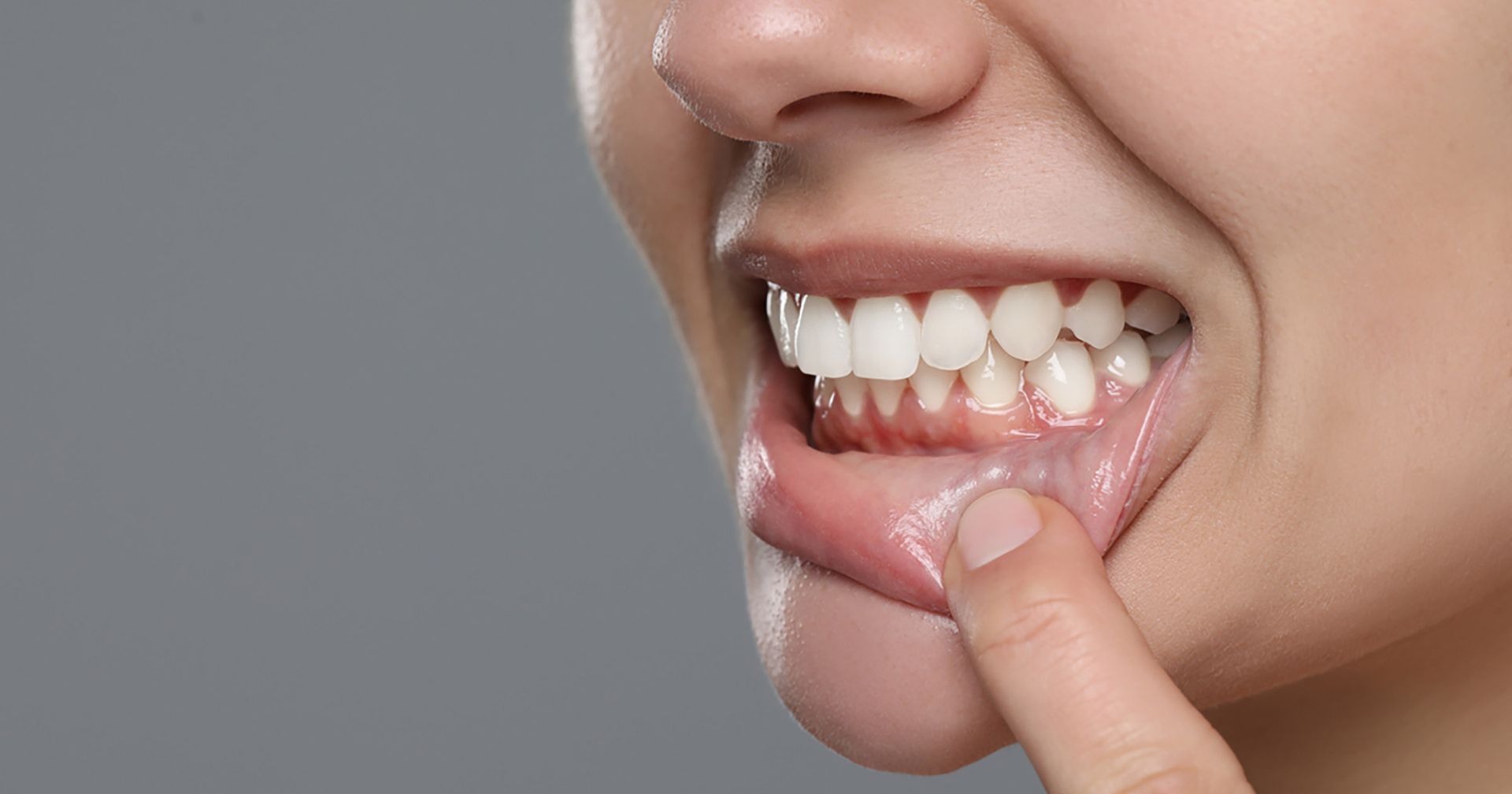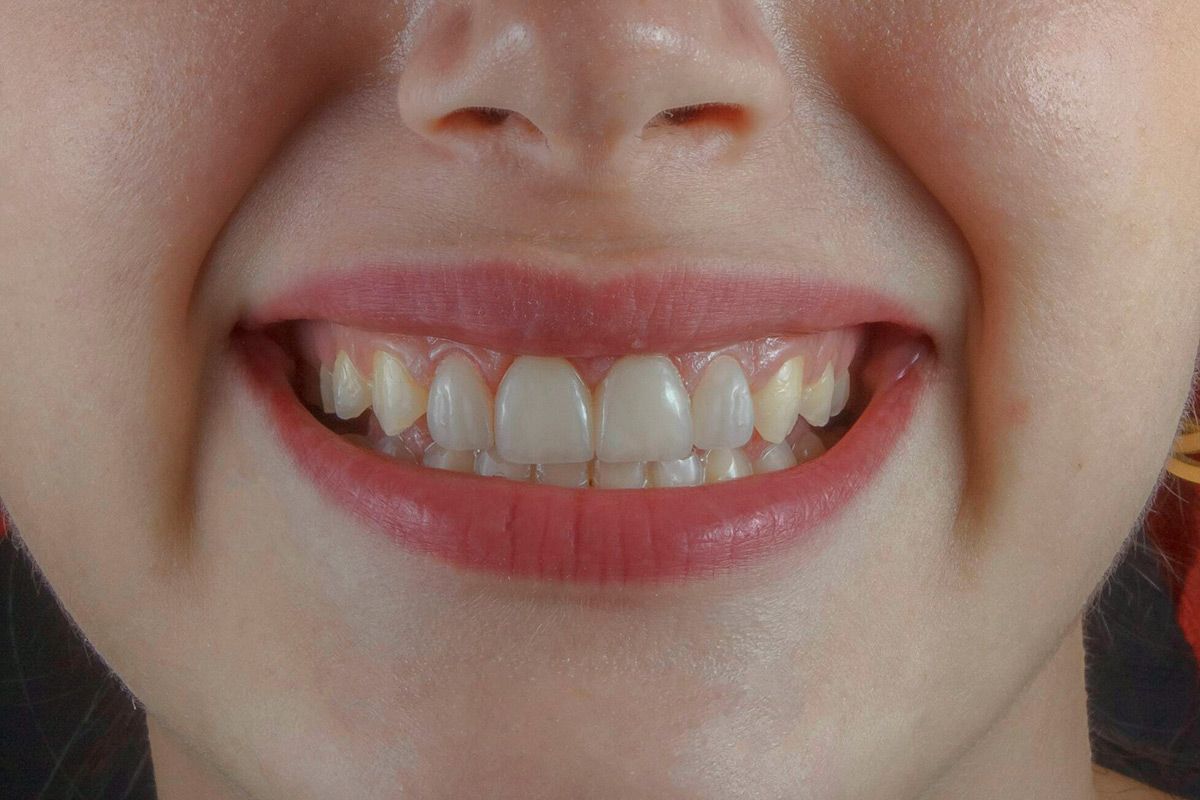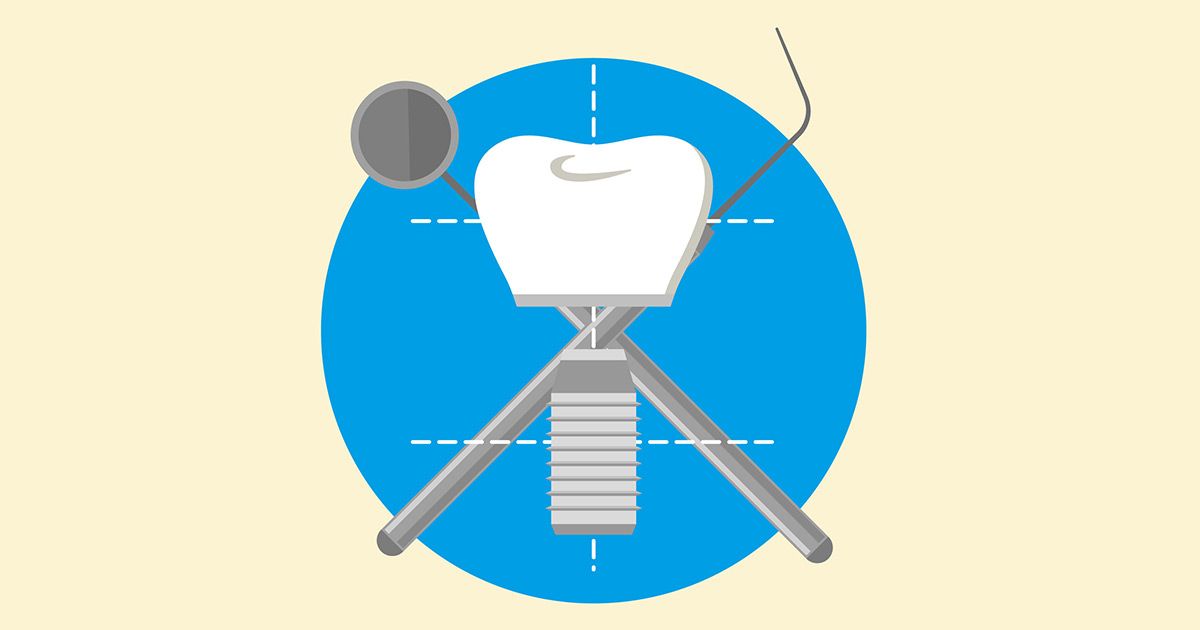Do dental implants hurt? Find out how a dentist in Niles, IL can minimize discomfort and ease your worries. Schedule your consultation for a better smile today.
A Closer Look at How Implants Replace Missing Teeth
Dental implants use titanium posts, inserted into the jawbone to replace the roots of damaged or missing teeth. Once healed, they provide a solid base for crowns, bridges, or dentures. The result feels natural and works just like a real tooth.
Implants don't rely on surrounding teeth for support. They fuse directly with the bone. This creates a long-term solution that restores both function and appearance.
Here's how the dental implant procedure works:
- Numbing the area with local anesthesia to keep the patient comfortable
- Preparing the implant site by making a small incision in the gum
- Placing the titanium post into the jawbone
- Allowing time to heal while the implant fuses with the bone
- Attaching the final restoration, such as a custom crown, bridge, or denture
- Following up with regular dental care to keep the implant stable and healthy
A Pressing Question: Do Dental Implants Hurt?
Pain is often the first concern that comes up during the initial implant consultation. Thankfully, most patients are surprised by how little discomfort they feel during the dental implant procedure.
Using local anesthesia, your dentist will make sure the area is completely numbed before the procedure begins. You might notice some pressure or vibrations during the process, but actual pain is not part of the experience. For added comfort, many offices offer sedation options like:
- Oral sedatives
- Nitrous oxide
- IV sedation
Any of these methods used for pain management in dentistry can help reduce anxiety and make the appointment feel much shorter and more relaxed.
The procedure usually takes one to two hours per implant, but each person's procedure is unique. Most patients report feeling tired afterward, but not in pain. Any soreness tends to set in once the anesthesia wears off, and it's generally mild and short-lived.
Discomfort Following Dental Implant Surgery
After dental implant surgery, it's normal to feel side effects as your body begins to heal. The healing and recovery process varies from person to person, but most patients experience a manageable level of discomfort in the days following the procedure.
Typical side effects include:
- Mild swelling at the implant site
- Slight bleeding in the first 24 hours
- Bruising near the gums
- Jaw soreness from the procedure
- Discomfort that's mild to moderate
Implant Recovery Tips: Managing Pain and Healing
Getting the right implants is critical. What happens after your dental implant procedure, including managing discomfort, is key to a smooth recovery.
Most people find that over-the-counter pain relievers like ibuprofen or acetaminophen work well to keep things in check. If the procedure was more complex, your dentist may prescribe something a little stronger for the first days to help with any additional pain or discomfort.
The real secret to a speedy recovery is following post-op instructions carefully. Rest, soft foods, and sticking to the prescribed medications will help the healing process go more smoothly.
To make your recovery even easier, consider these implant recovery tips:
- Eat soft, cool foods for the first 24-48 hours
- Brush gently around the area without touching the implant site
- Wait to chew on the implant side until it has fully healed
Healing After Implants: Key Follow-Up Care Tips
After the initial recovery, routine follow-up visits help track healing and prepare for the final restoration. Most dentists schedule a check-in within a week or two to make sure the area is healing properly and feels comfortable, but you may need to check in sooner (or later) depending on how you feel and what your dentist recommends.
From there, additional visits may be spaced out over several weeks or months, depending on how the implant is integrating with the bone. This phase is called osseointegration and usually takes a few months.
Patients are often surprised at how smooth this part of the process is. The area continues to heal with minimal sensation or disruption. The dentist will guide the timeline and let each patient know exactly when the final crown or bridge can be placed.
Long-Term Care for Dental Implants
Dental implants can last decades, giving patients a long-term solution that restores both function and confidence. Like natural teeth, they do require consistent care. Keeping your implants clean and healthy will ensure they continue to function properly and look great.
While implants themselves are durable, surrounding gums and bones must stay healthy for them to remain secure. Regular dental check-ups and maintaining a healthy lifestyle, including good nutrition and avoiding habits like smoking, are essential for supporting the tissues around your implant and ensuring its longevity.
Top Tips for Long-Term Implant Care:
- Brush twice a day with a non-abrasive toothpaste
- Floss regularly to avoid plaque buildup
- Schedule routine dental check-ups
- Avoid chewing hard or sticky foods that could damage the implant
- Rinse with antimicrobial mouthwash to support healing
Niles Dental Experts You Can Trust
Do dental implants hurt? It's a fair question, and one the team at Dental Specialists of Niles takes seriously.
We understand how dental surgery discomfort can hold someone back from having a beautiful smile. That's why we take extra care to keep patients comfortable, explain each step clearly, and offer steady support throughout recovery.
Our care goes beyond fixing smiles. We support long-term health with personalized attention and a holistic approach that considers the well-being of the whole person, not just their teeth.
Reach out soon to
schedule your appointment or virtual consultation.















